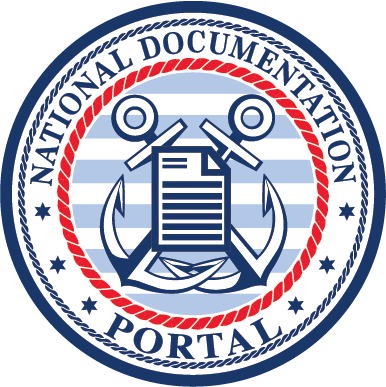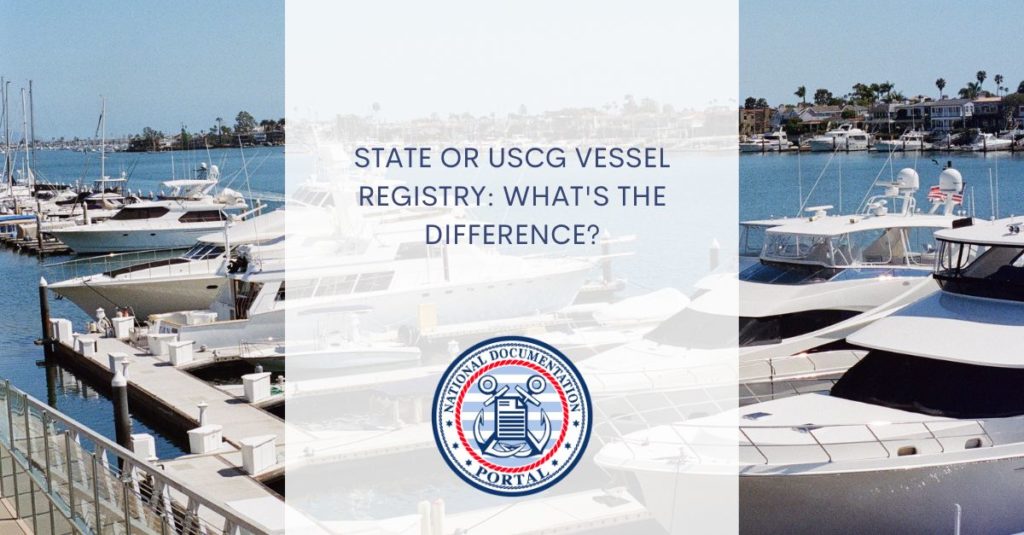As a boat owner, you need to register your vessel. The manner of registration depends on the size and use of the vessel. There is state registration and USCG vessel registry (registration with the US Coast Guard). It’s important to understand which registration is either mandatory or desirable for your vessel.
What is Coast Guard Documentation?
Registering with the US Coast Guard is a form of national titling and is the same concept as owners flagging their vessels in a foreign country. Registration and associated administration is performed and managed through the National Vessel Documentation Center.
Each vessel registered gets a Certificate of Documentation (COD) and a unique registration number. The original COD must be carried on board the vessel at all times.
There are eligibility criteria for COD.
- Only US citizens are eligible
- Registration is mandatory for vessels over 5 net tons whether engaged in commercial trade or used as a pleasure craft.
What is State Registration?
Coast Guard documentation is covered by US federal law but each of the states can set its own regulations relating to vessel registration and state taxes.
Any pleasure craft can be registered with their state of principle use regardless of tonnage. It is a process similar to registering a motor vehicle with the DMV.
In the past, some states exempted Coast Guard-documented vessels from state registration but it is now a requirement in most states that vessels need to be registered even if they have Coast Guard documentation. It is in your best interests to understand the state-by-state requirements for titling and to keep up to date with any changes.
Benefits of Coast Guard Documentation
Registering with the Coast Guard is preferable to state titling. Reasons include
- A Certification of Documentation supersedes state registry
- There’s clear title assurance. The National Vessel Documentation Center holds a history of the documented vessel. Details are kept of ownership, mortgages, bills of sale, and filed claims of lien and satisfactions. Any of this information for any vessel, including the registration documentation, can be viewed via an abstract of the title.
- Being able to travel in international water and dock in foreign ports because your COD provides you with the protection and the status that comes from the US Government. You might think of it in terms of state registry being your driving license and COD being your passport.
- Aesthetic reasons – if you don’t want the “look” of your vessel spoiled by having to display state registration numbers. State numbers need to be detailed on the outer hull whereas COD numbers do not.
- You may wish to purchase the boat using a Coast Guard preferred ship under 46 United States Code Chapter 313. A documented vessel is seen as a secure form of collateral for loan finance.
The main downside of Coast Guard documentation versus state registry is that COD costs a little more.
If you have to get the USCG vessel registry, you will find all the documentation you need at this site. Forms are filled in online with easy-to-follow processes with plenty of help available.


